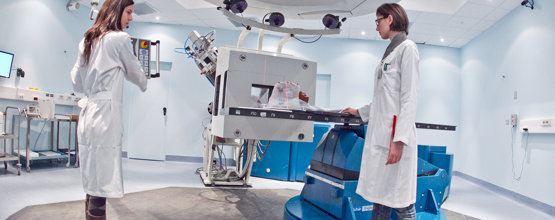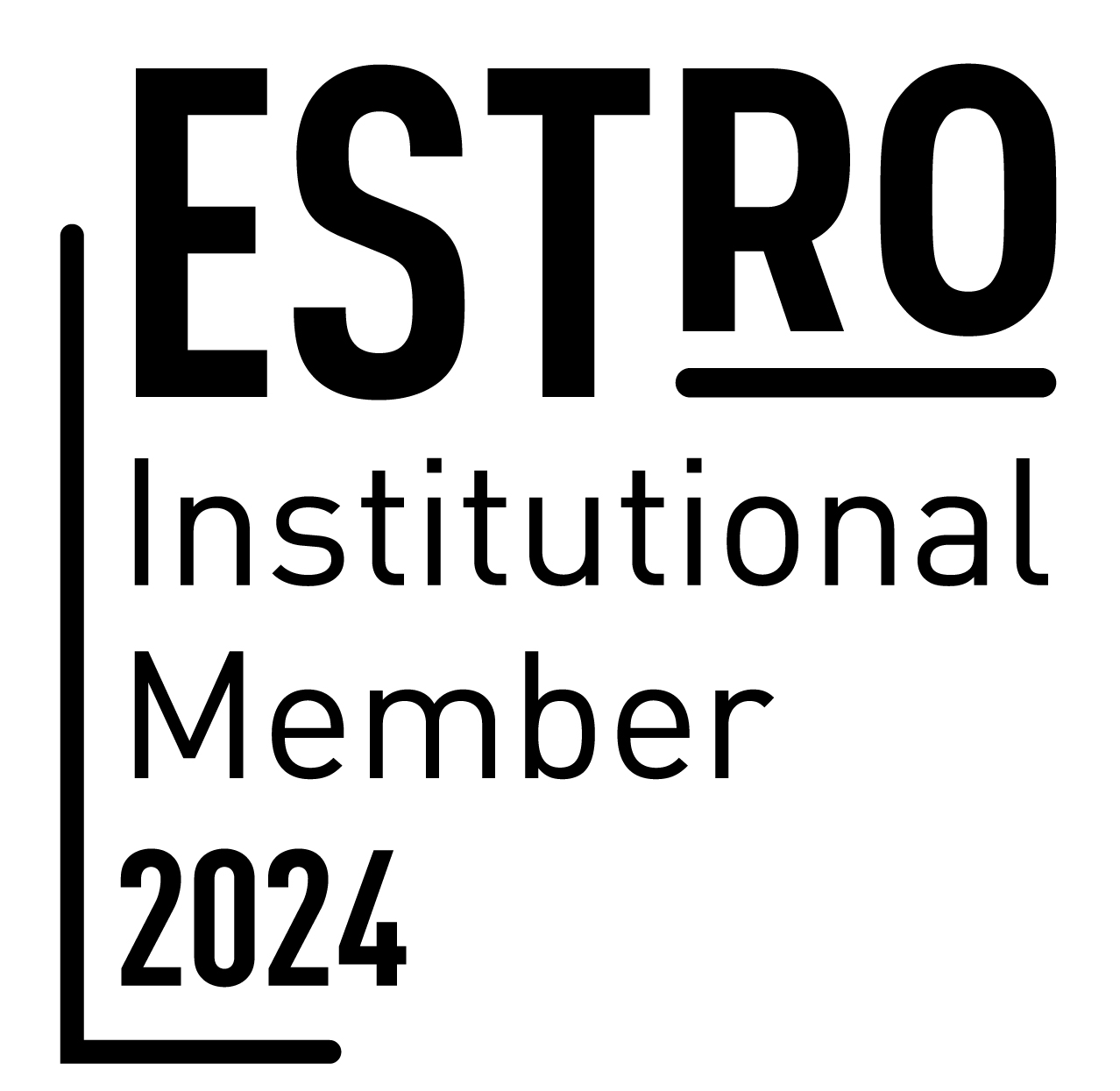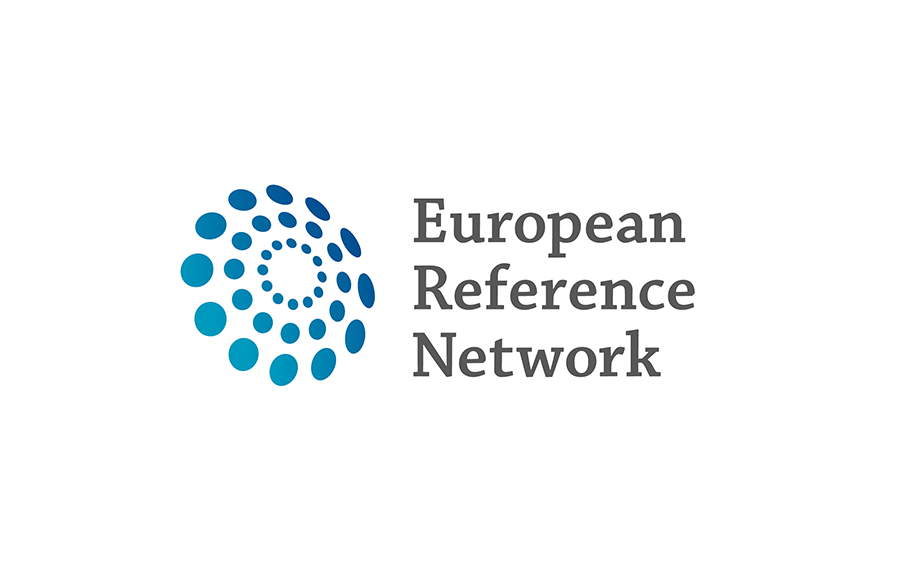Useful information at a glance
Things you should know
What is hadrontherapy?
Hadrontherapy is a special form of radiation therapy used to treat tumours. Unlike "traditional" radiotherapy that uses X-rays, hadrontherapy uses beams of heavy particles, called hadrons. Thanks to the particular physical properties of these particles, hadrontherapy offers potential advantages compared to "traditional radiotherapy", in terms of both precision- because it can "hit" the tumour in an extremely selective manner, releasing a smaller dose to healthy tissues that surround it and consequently reducing side effects-, and greater biological efficacy towards some types of typically "radio-resistant" cancer cells, that is to say, that they do not respond optimally to X-ray radiotherapy.
How do I know if hadron therapy is right for me?
Visit the "Access to treatment" area in our website.
Hadrontherapy spares healthy tissues and causes fewer side effects. Why is it not suitable for me?
The type of tumour and its natural history, that is, its evolutionary behaviour from the moment it appears, are the essential factors that influence the choice for a treatment with hadrontherapy.
- The "histotype" or the "tumour histology", that is the type of healthy cell from which a tumour originates, is one of the most important factors, if not the decisive one, for choosing a treatment with hadrons. There are types of tumours or "histotypes" that have a particular ability and growth speed and, at the same time, they spread to other organs quickly in a microscopic way; therefore, they are not visible to normal diagnostic tests. These tumours do not benefit primarily from a local therapy such as hadrontherapy, but need a treatment that stops them from spreading; therefore, a treatment called "systemic " or pharmacological treatment, is preferable.
- Metastasis, the spread of disease to organs or tissues other than that where the tumour started, is often a criterion for non prescribing hadrontherapy. When the disease has involved other organs other than the original one, it means that the cancer cells have spread through the bloodstream and/or lymphatic system. In these cases, local treatments such as radiotherapy or surgery are replaced by systemic treatments that act in a widespread way.
- Radiosensitive tumours. There are tumours that need low doses of radiation to prevent them from reproducing, that is, to be treated. For such tumours it is not necessary to deliver such sophisticated treatments as hadrontherapy, since X-ray radiation therapy has a proven efficacy and at the same time does not cause significant side effects.
Why didn't my doctor tell me about hadrontherapy?
How long does the single treatment session with hadrontherapy last?
Is the treatment painful?
Is it true that it does not cause side effects?
Can I stay close to children while on the course of therapy in CNAO?
There are no contraindications to being accompanied by your family/relatives.
How can I get more information?
Does the treatment with hadrontherapy in CNAO have any cost?
In December 2014 the Lombardy Region approved the hadrontherapy rates within the Regional Health System, and the recognition of the same at national level is pending.
In March 2019 hadrontherapy entered the LEA (Italian Basic Benefit Package), therefore the treatments are provided through the Italian NHS (National Health System). However, the treatments can also be provided on a solvency basis.
Get access to therapy
Send your clinical documentation and ask our doctors if your case is potentially treatable with hadrontherapy.
The CNAO's Synchrotron
Treating tumours applying hadrontherapy requires a complex particle accelerator: an 80-metre, Ø25 ring connected to the CNAO treatment rooms.
The CNAO treatment process
From the request for evaluation to the follow-up. Here are all the stages of an Hadrontherapy treatment process at the CNAO Foundation.
















